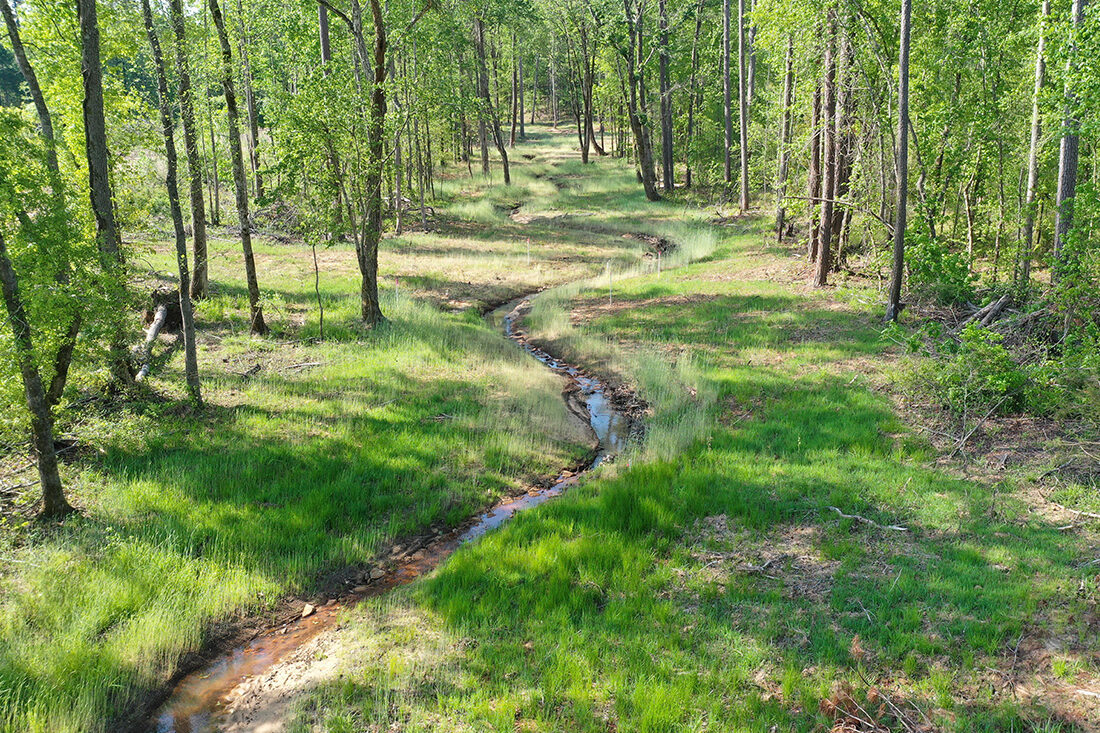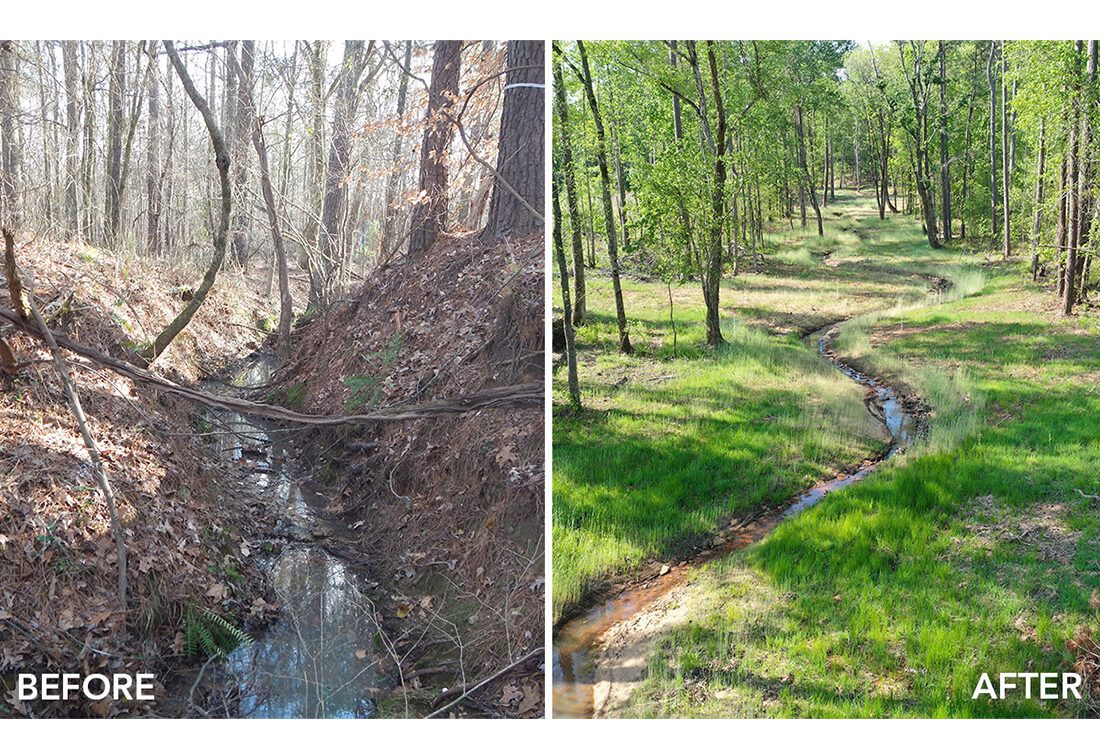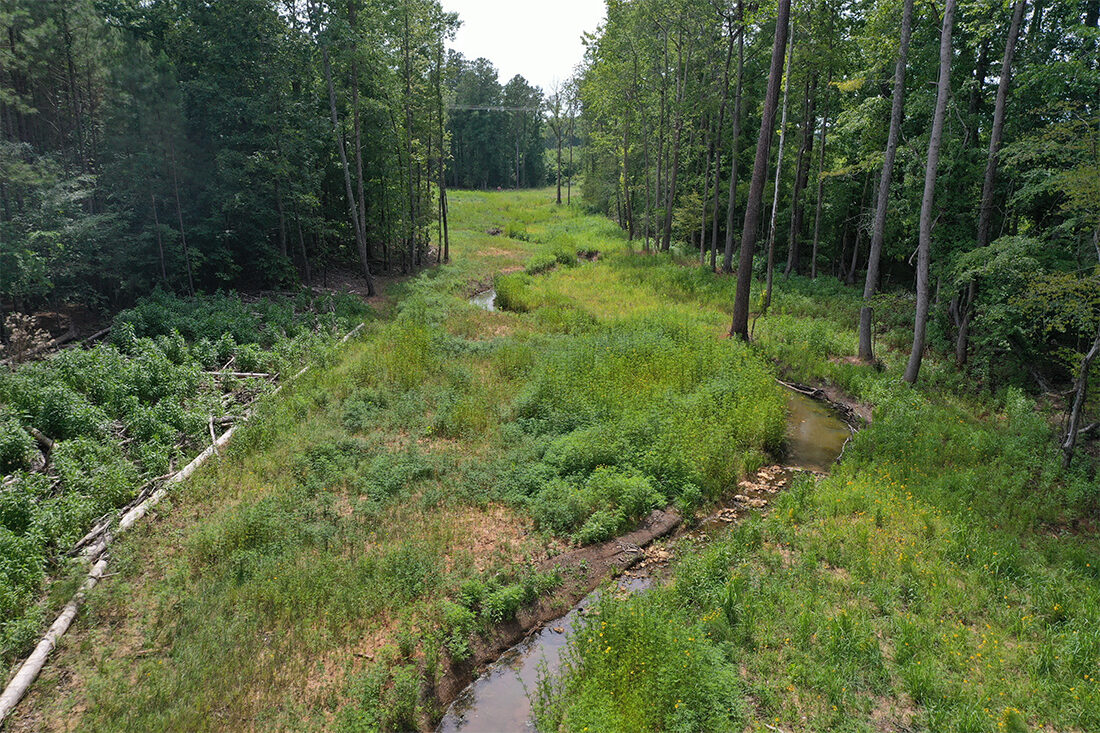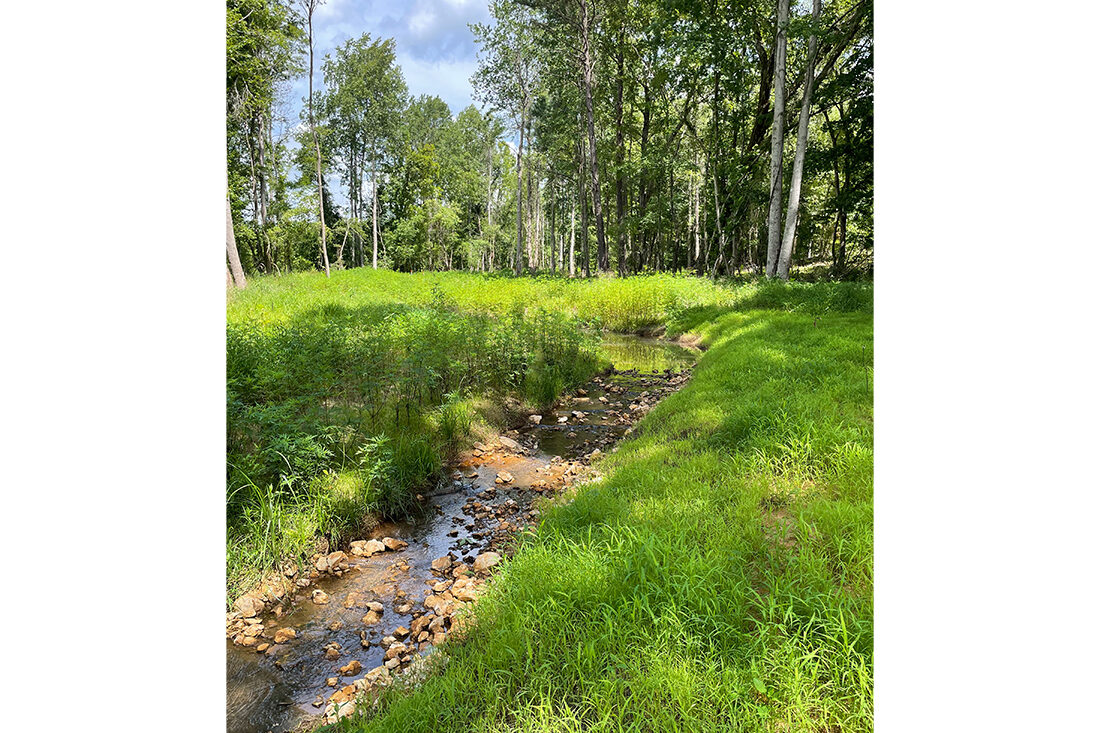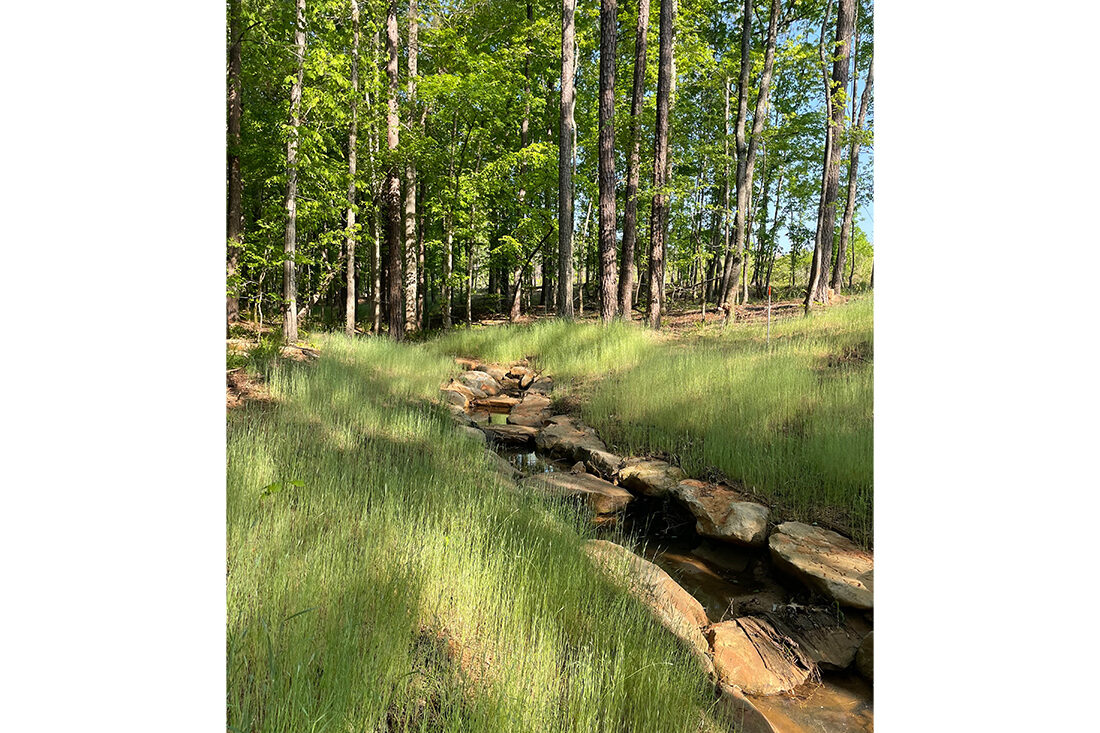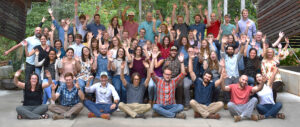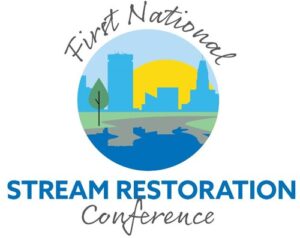Wildlands Engineering is Well-Versed in Helping Clients Fund Projects With Grants
“Wildlands’ experience and technical expertise was invaluable to Catawba Land Conservancy’s 2020 NCLWF restoration grant application. Wildlands worked with us to develop the site vision and communicated the existing site deficiencies, design, and ecological gains in a clear, concise application that resulted in the award of funds.”
Sean Bloom, Biologist and GIS Director | Catawba Lands Conservancy
As a vertically integrated ecological restoration firm, our municipal clients often call upon us to assist in securing critical project funding by identifying applicable grants, grant application writing, conceptual design creation, and developing funding strategies to leverage multiple funding sources. Wildlands has a successful track record of applying for, receiving, and implementing water resource grants for municipalities, recently including City of Charlotte, Hendersonville, Black Mountain, Morganton, and Woodfin, NC; Greenville, SC; and for non-profits, such as MountainTrue, RiverLink, Mainspring Conservation Trust, and the Catawba Lands Conservancy. These grants have included the NC Land and Water Fund (LWF), EPA Section 319, the Environmental Enhancement Grant (EEG), DWR’s Water Resources Development Grant (WRG), the National Fish and Wildlife Foundation Grants, Section 205j, and other public and private grant funding sources. Wildlands has also assisted with non-grant funding programs like the Clean Water State Revolving Fund (CWSRF), which is a low-interest loan available to local governments. READ MORE



